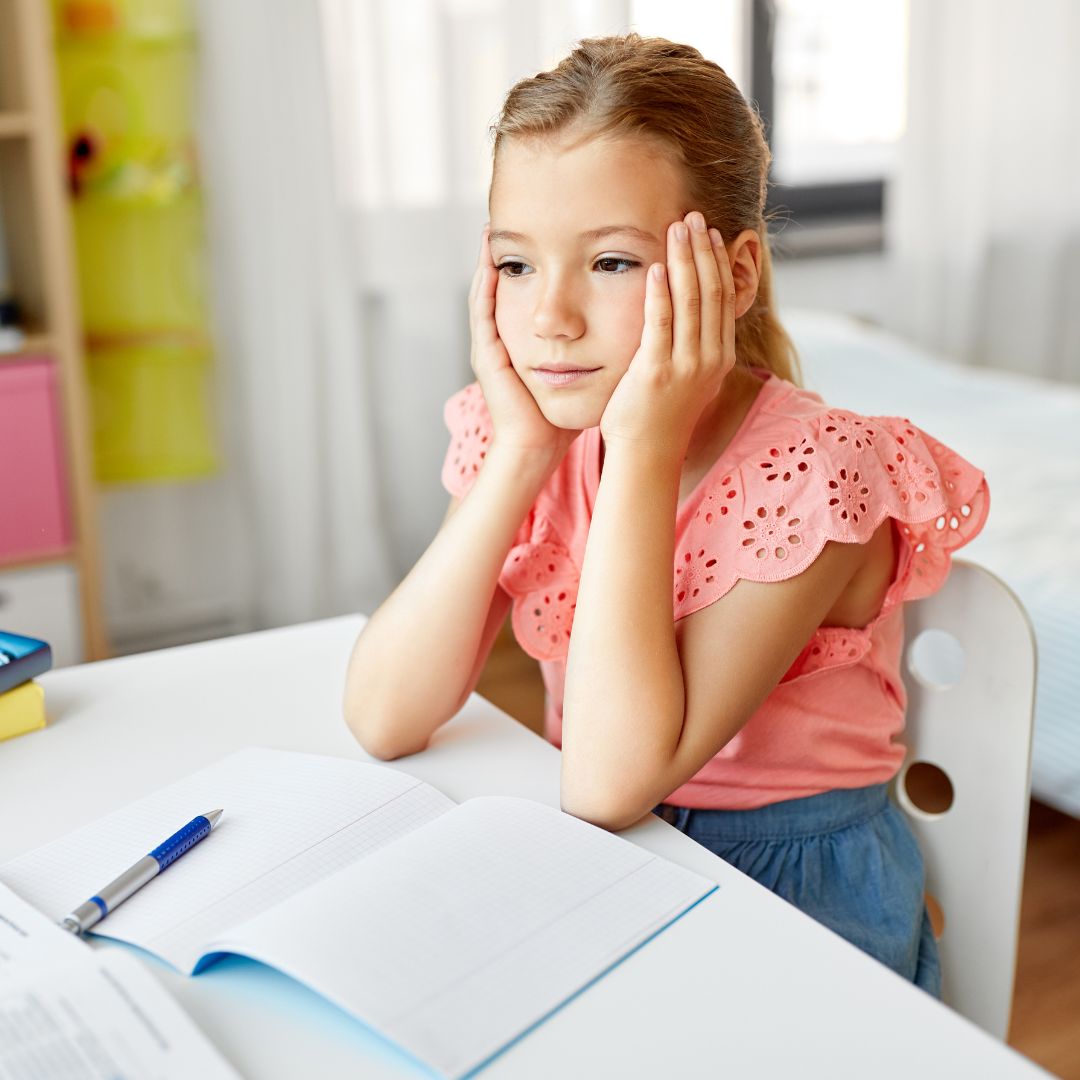Divorce can be a challenging experience for everyone involved, especially children.
A common question we’ve heard is “What age is divorce most damaging to a child?” The answer is, although each child is different, children aged 6 to 12 are more likely to struggle with their parents divorcing.
Children in this stage of life are in the process of emotional development and have a heightened awareness of their environment, making it more likely for them to be damaged by divorce than children of other ages.
We will provide insights into how parents can support their children through this difficult time.
At What Age is Divorce Hardest for Kids?
Children of different ages may cope differently with their parents’ divorce.
While it is essential to remember that every child is unique and their reactions may vary, research suggests that divorce can be particularly challenging for children between the ages of 6 and 12.
During this period, children are still developing emotionally and are more aware of their surroundings.
They may struggle with feelings of loss, confusion, and loyalty conflicts, which can significantly impact their well-being.
What Age are Kids Affected by Divorce?
Divorce can affect children of all ages, from toddlers to teenagers.
However, younger children may have difficulty understanding the complex emotions and changes that come with divorce.
Toddlers and preschoolers may become more clingy, exhibit regressive behaviors, or experience separation anxiety.
Older children and teenagers, on the other hand, may display anger, resentment, or withdrawal. It is crucial for parents to provide age-appropriate support and reassurance during this challenging time.
Is Divorce Traumatic for a Child?
Divorce is undoubtedly a significant life event that can be traumatic for children.
The emotional impact of divorce can vary depending on various factors, including the child’s temperament, the level of conflict between parents, and the support systems available.
It is essential for parents to create a safe and nurturing environment for their children, promoting open communication and providing emotional support to help them navigate through the challenges they may face.
What are the Negative Effects of Divorce on a Child?
Divorce can have both short-term and long-term effects on a child’s well-being.
In the short term, children may experience feelings of sadness, anger, anxiety, or guilt. They may also struggle academically or exhibit behavioral issues.
Long-term effects may include difficulties in forming and maintaining relationships, lower self-esteem, and an increased risk of mental health issues.
However, it is important to note that not all children will experience these negative effects, and with the right support, many can thrive despite the challenges.
How Does Divorce Affect Children Later in Life?
The impact of divorce on children can extend into their adult lives.
Research suggests that individuals who experience their parents’ divorce may have a higher likelihood of relationship difficulties and divorce themselves.
Yet, it is crucial to remember that these patterns are not inevitable, and with proper support, individuals can develop healthy and fulfilling relationships.
Final Thoughts
Divorce can be a difficult and challenging experience for children, regardless of their age.
While the impact may vary depending on the individual child and circumstances surrounding the divorce, research suggests that children between the ages of 6 and 12 may face particular challenges.
It is vital for parents to provide emotional support, open communication, and a nurturing environment to help their children navigate through this difficult time successfully.
Seeking professional guidance, such as counseling or therapy, can also be beneficial in supporting children through the process of divorce.
Remember, every child is resilient, and with the right support, they can overcome the challenges and thrive in their future endeavors.
